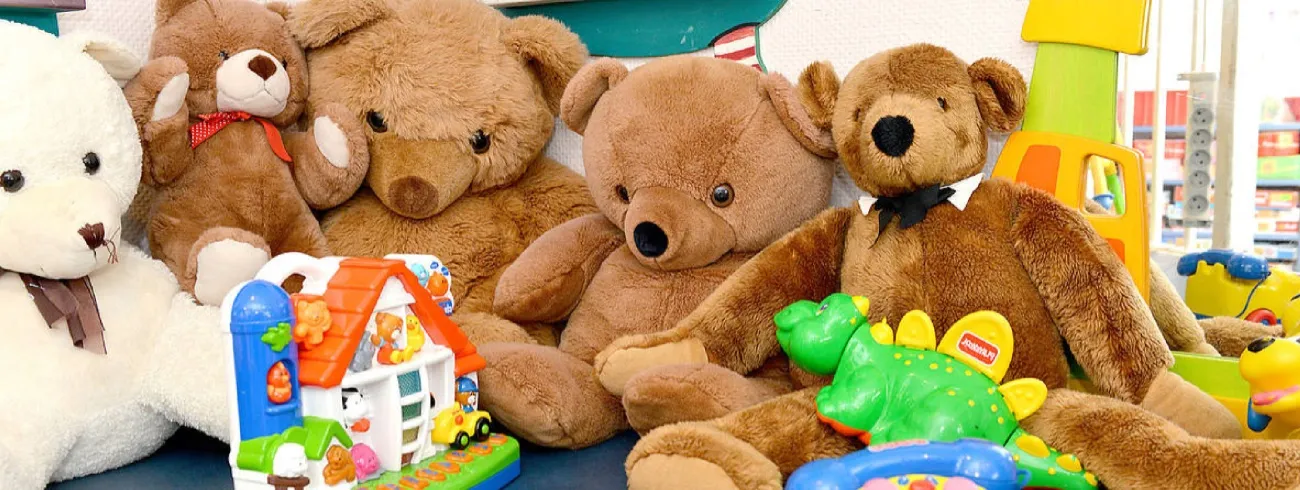- Home
Childhood and adolescent cancers

Plus de 700 jeunes patients dont 300 nouveaux patients sont suivis chaque année à l’Institut Curie, au sein de SIREDO (Soins, Innovation, Recherche, en oncologie de l’Enfant, de l’aDOescent et de l’adulte jeune).
Près de 2 300 enfants et adolescents – dont 1 800 de moins de 15 ans – sont touchés par un cancer en France chaque année. Beaucoup plus rares que les cancers de l’adulte, ces cancers sont également très différents. Leurs spécificités nécessitent de fait une prise en charge dans des structures expertes, telles que le centre SIREDO de l'Institut Curie.

SIREDO, centre expert en cancérologie de l’enfant et de l’adolescent
Chaque année, plus de 700 jeunes patients atteints de cancer sont pris en charge à l’institut au sein du centre dédié SIREDO (Soins, Innovation, Recherche, en oncologie de l’Enfant, de l’aDOlescent et de l’adulte jeune).
Il s’agit du 1er centre en France à intégrer des équipes spécialisées dans les soins et dans la recherche sur les cancers touchant les moins de 25 ans.
Les cancers de l'enfant pris en charge à l'Institut Curie

Adolescents and young adults
Institut Curie takes care of adolescents and young adults (15-25 years old) in a dedicated AYA unit, which brings together, in a transversal manner, a multidisciplinary team formed to offer them complete medical, psychological and socio-educational care.

Accompagnement psycho-social
À l’Institut Curie, l’accompagnement des jeunes patients s’adresse à toutes les dimensions de leur quotidien. Il vise avant tout à les aider à poursuivre leur scolarité, leurs projets de vie et maintenir les liens sociaux et familiaux.

Suivi scolaire
Grâce à une équipe pédagogique spécialisée et présente dans l’hôpital, tout est fait pour assurer le suivi scolaire des enfants et adolescents soignés à l’Institut Curie.


